Difference between Custodial and Non-Custodial Wallets

As the popularity of cryptocurrencies is increasing, more and more people are investing their money into different coins or are frequently trading to generate considerable profits. The first step in investing or carrying out a trade is to use a crypto wallet to buy or sell any cryptocurrency or interact with any decentralized application. Just like we need a bank account to deposit, withdraw or transfer our money to someone else, we need a crypto wallet to interact with the blockchain networks or cryptocurrencies. Cryptocurrency wallets are very simple in functioning however they may vary depending upon the control a user has over his wallet. Based on this control or degree of ownership, there are two main categories of crypto wallets i.e. custodial wallets and non-custodial wallets.
Defining a Cryptocurrency Wallet:
A crypto wallet is basically a software that allows users to buy and sell cryptocurrencies, do different types of trading including spot, margin, futures, etc., and access different decentralized financial services through blockchain applications. It also serves as a store of crypto assets. These wallets develop a bridge between the user assets and the blockchain network allowing them to perform different functions on the blockchain. Apart from cryptocurrencies, wallets can also be used to store Non-Fungible Tokens (NFTs) and carry out their trading and transactions.
There are two main things in a crypto wallet i.e. the private key and the wallet address. The private key is like a confidential password to access the wallet and ensure its security. It is also used to confirm crypto transfers or transactions to other wallets. While the wallet address is like an account number or identity of your wallet that can be shared with other users so they can make any transfers to your wallet.
Custodial Cryptocurrency Wallet:
A custodian crypto wallet is the one where a third party like a centralized crypto exchange has custody of the user’s funds. Users do not have complete control or authority over the funds in their custodian wallets. The third-party company is responsible for the security and management of transactions through that wallet and the users do not have to remember the private key in order to access their wallet. Users can simply use other sign-in options like a pin code, biometric verification, or authentication through their phone to access their custodian wallet and carry out all transactions. A custodian wallet is more accessible, easy to use, and user-friendly. If the user forgets his password or pin, he can easily retrieve it through customer support just like we do with our traditional banking applications.
However, this also means that you are relying solely on the company or exchange managing that custodial wallet, and in case of any mishap, hacking attempt, or bankruptcy of that company, you will likely lose your funds.
Advantages and disadvantages associated with custodial crypto wallets:
As mentioned earlier that custodial crypto wallets are very user-friendly and easy to navigate through or carry out all transactions. However, the main disadvantage is that you have to rely on the company that is operating and managing the custodial wallet. These wallets also require complete identification details and a KYC form to be completed before your wallet is created so it is more like a traditional banking application and users cannot anonymously do trading through these wallets. Custodial crypto wallets also charge a relatively higher fee than non-custodial ones as the company controlling it deducts services charges for maintaining it. Apart from the cost and relatively high transaction processing time, these wallets offer great customer support and a user does not have to worry about remembering the private key.
There are multiple examples of custodial crypto wallets in the market i.e. wallets offered by centralized exchanges such as Binance, Coinbase, BitGo, OKEX, Bitmex, etc. These wallets offer an interactive interface and wonderful user experience and newbies are recommended to start their crypto journey through custodial crypto wallets.
Non-Custodial Cryptocurrency Wallets:
Non-custodial wallets depict a true meaning of decentralization as the users have complete control over their funds and transactions done through the wallet. Non-custodial wallets do not involve any middleman or third party that can access the user’s funds or controls the transactions. These wallets are mostly recommended for experienced users or traders who can carefully execute their transactions and protect their private keys to ensure privacy and security. Although a majority of the people in the crypto market utilize custodial wallets for their daily trades, non-custodial wallets are necessary if you are interacting with decentralized applications to participate in liquidity pools, lending, borrowing, or other staking platforms. Moreover, decentralized exchanges also require non-custodial crypto wallets to be connected with them before you can perform any trade.
The sole responsibility of taking care of funds and ensuring the security of your wallets relies upon the user himself and no one will be responsible or can help to regain your non-custodial wallet in case you forget its private key. Since the introduction of bitcoin, people have been relying on non-custodial wallets and these custodial wallets were created just a few years ago which has led to better adoption of cryptocurrencies. Non-custodial wallets are actually helping the newbies otherwise people would have lost millions of dollars in crypto just because of losing their private key.
Advantages and disadvantages associated with non-custodial wallets:
Non-custodial crypto wallets are advantageous in terms of low transaction fees and better processing time. In non-custodial ones, you don’t have to wait for confirmation and approval before executing any transaction as in a custodial crypto wallet. These wallets give full authority to the users and remove any third-party control over the funds. To truly enjoy the decentralization concept of cryptocurrencies, non-custodial wallets must be used. Any user can anonymously set up a wallet, and buy and sell cryptocurrencies without revealing any personal details.
The disadvantages of non-custodial wallets include the complex and not-so-friendly user interface as it may be difficult for many users to navigate through. Another con is the complete reliance on a private key and any compromise of the key can lead to the loss of all funds without any hope of being recovered. Some of the common non-custodial, completely decentralized wallets include Metamask, Exodus, Trust Wallet, Ledger Nano X, Electrum, My Ether Wallet, etc.
ViCA is also launching its e-wallet very soon. This e-wallet will not only support the native ViCA token but also other Ethereum-based tokens. This e-wallet will be fully decentralized, key-encrypted, and non-custodial enabling users to enjoy flexible trading of the countless tokens. As ViCA is planning to enter into several domains in the coming months so this e-wallet will serve an essential purpose in the payment module. A glimpse of the ViCA e-wallet is shown below.
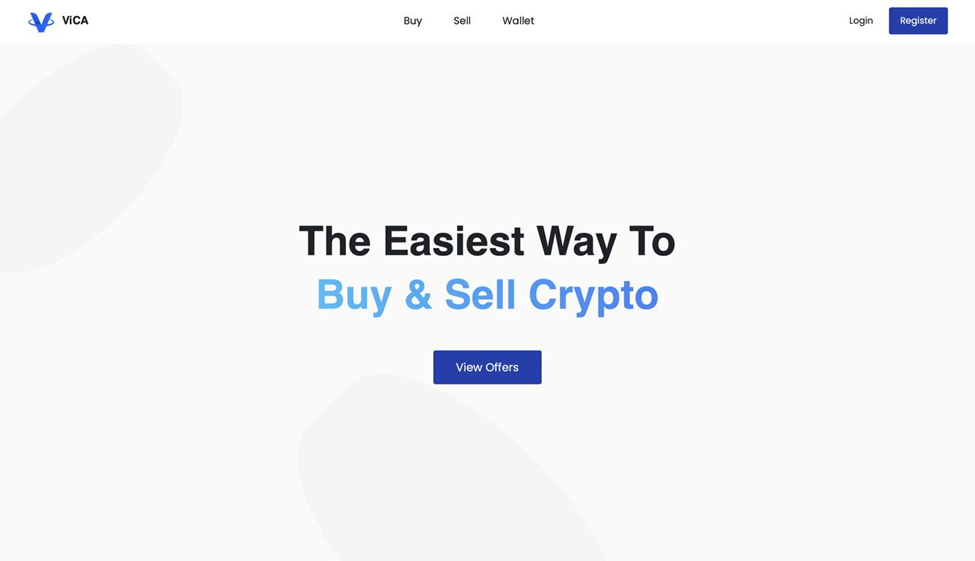
Keeping in mind the pros and cons of both wallets, non-custodial wallets are still recommended so you can eliminate the risks associated with a third-party control of your crypto assets and take complete ownership of your funds. You can eliminate some of the risks in non-custodial wallets by using two-factor authentications, noting down your private key in your diary or on your laptop, and avoiding falling for any phishing attacks.
Choosing the right cryptocurrency wallet:
Both custodial and non-custodial wallets are good enough for trading in the crypto market. However, the choice may vary from individual to individual. If you are a newbie and just learning about cryptocurrencies, their fundamentals, and concepts, then it is recommended that you should start creating a custodial wallet on a centralized exchange like Binance as it is much easier to use. However, if you have spent a good amount of time in the crypto market and know the basics, you must opt for the non-custodial ones. Do your thorough research before opting for both a custodial and non-custodial wallet. Most custodial wallets also offer insurance for the funds so if you are really concerned regarding the safety of your funds or crypto assets, you can choose a regulated, and compliant custodial wallet that offers a suitable insurance plan. Also, most of the non-custodial wallets only support some specific tokens of the blockchain they are based on. You should also do your research to use those wallets that support most of the tokens. ViCA’s e-wallet will support all Ethereum-based tokens increasing its usability and adoption as the most popular tokens are ERC-20 tokens.
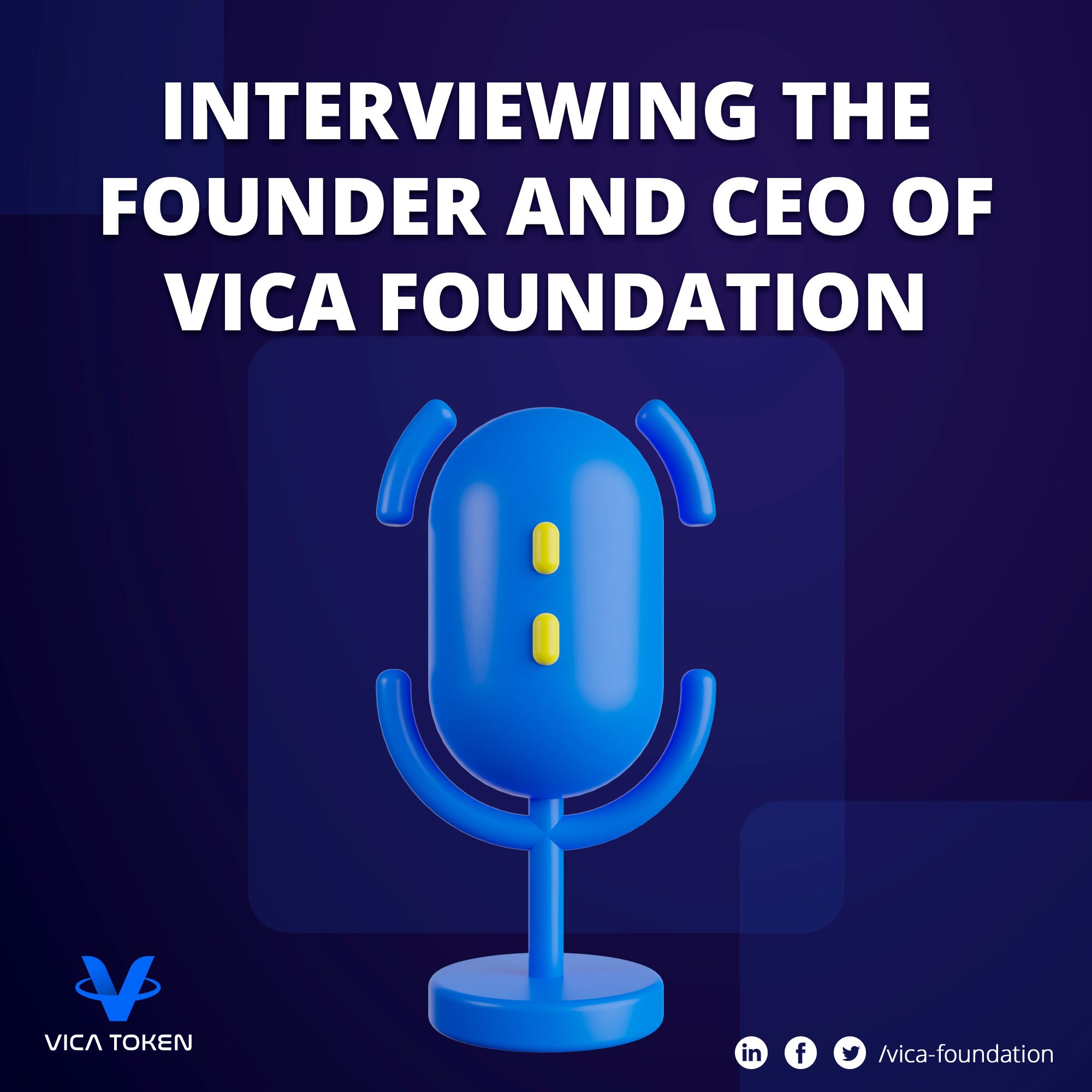
29 September 2022
Interview with DongKoo, the Founder and CEO of ViCA Foundation
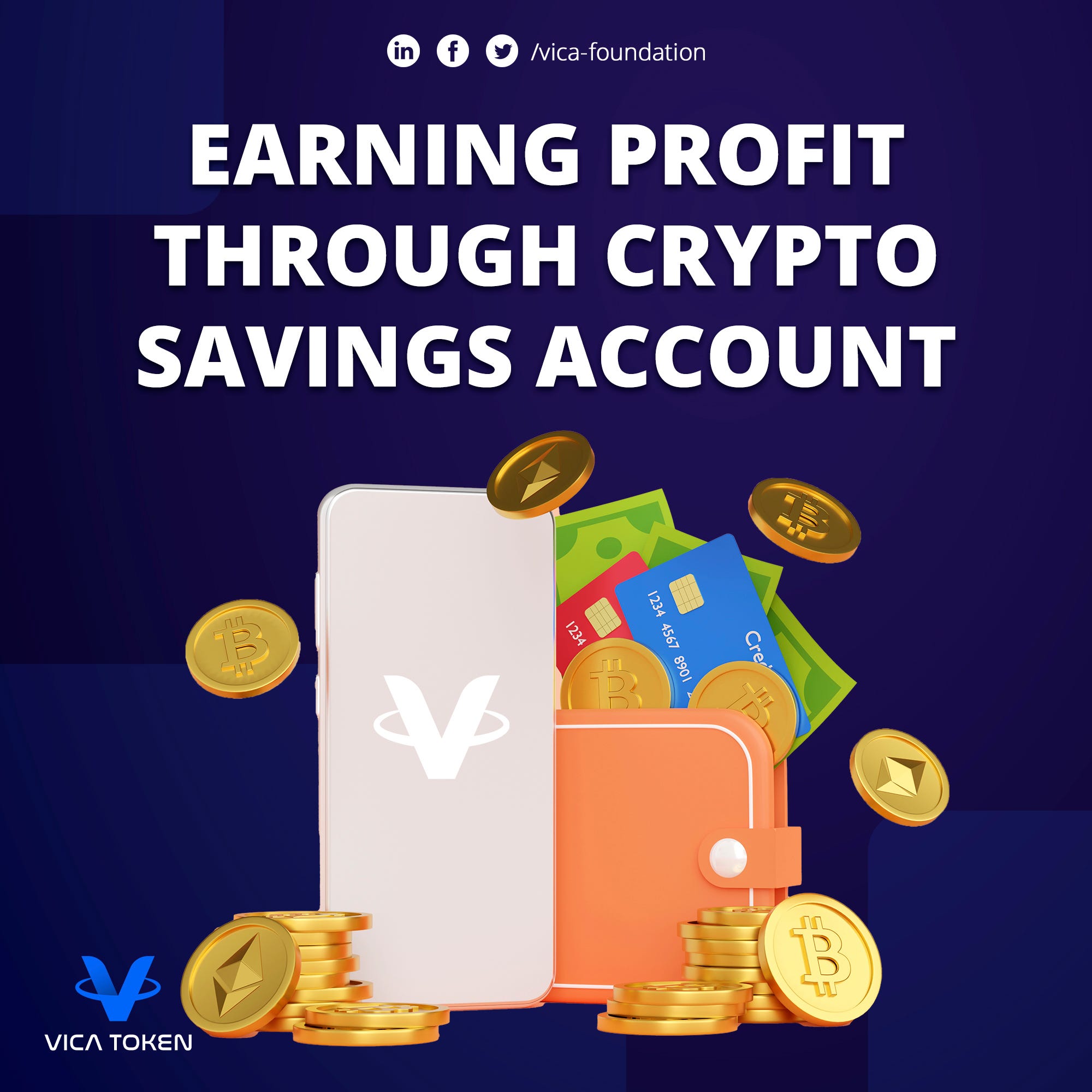
27 September 2022
Earning Profit through Crypto Savings Account
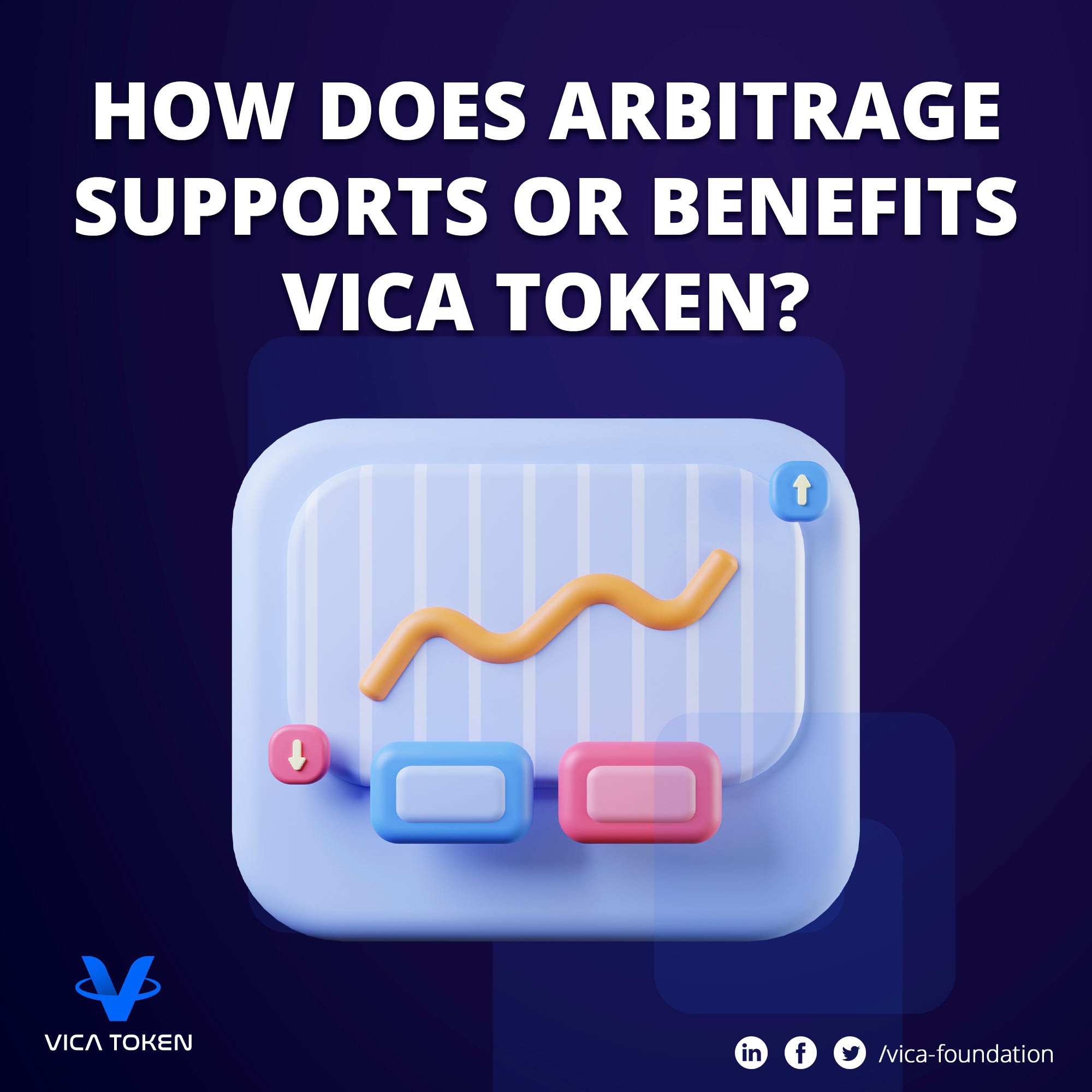
27 September 2022
How does Arbitrage Supports ViCA Token?
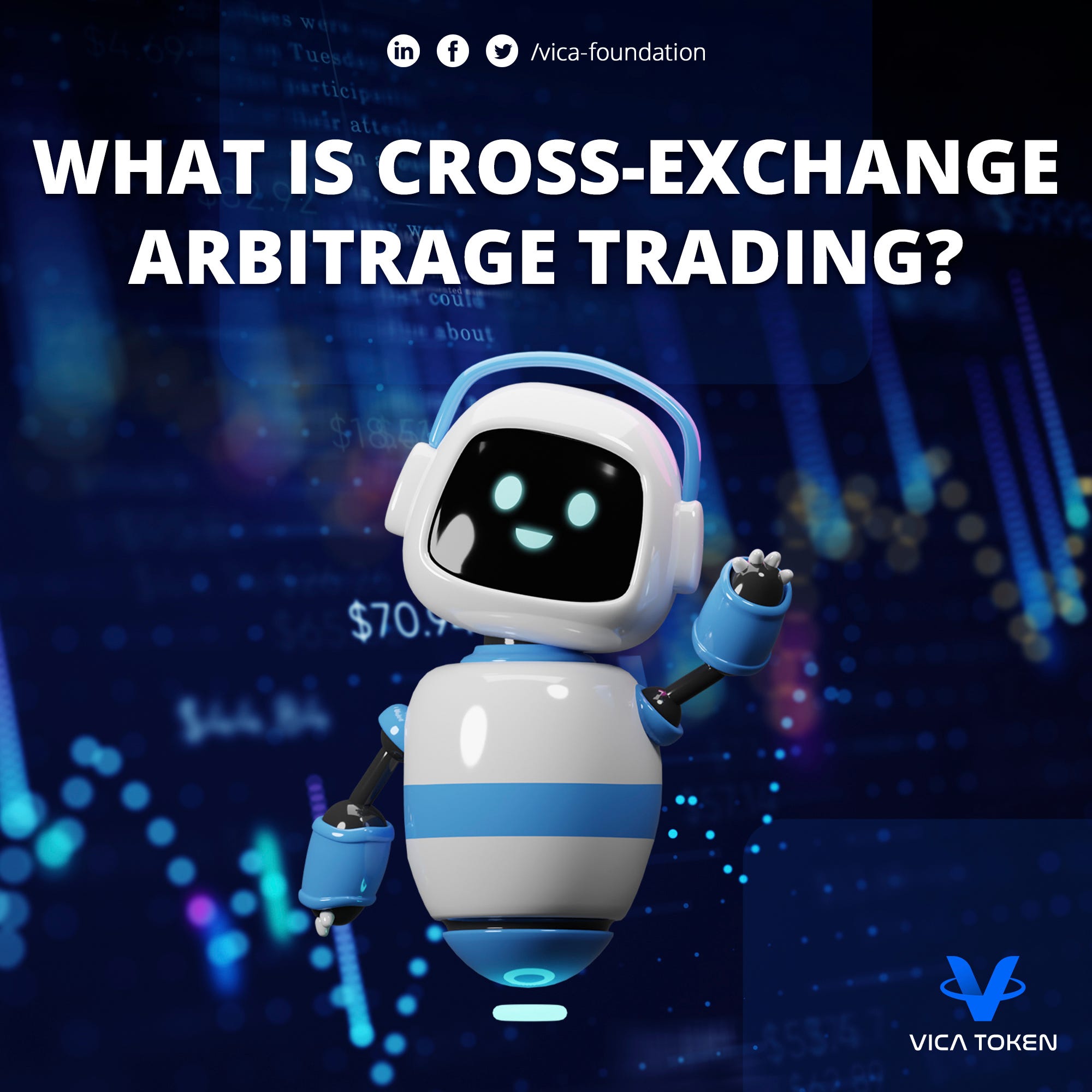
24 September 2022
What is Cross-Exchange Arbitrage Trading? Understanding ViBOT- A unique arbitrage trading solution
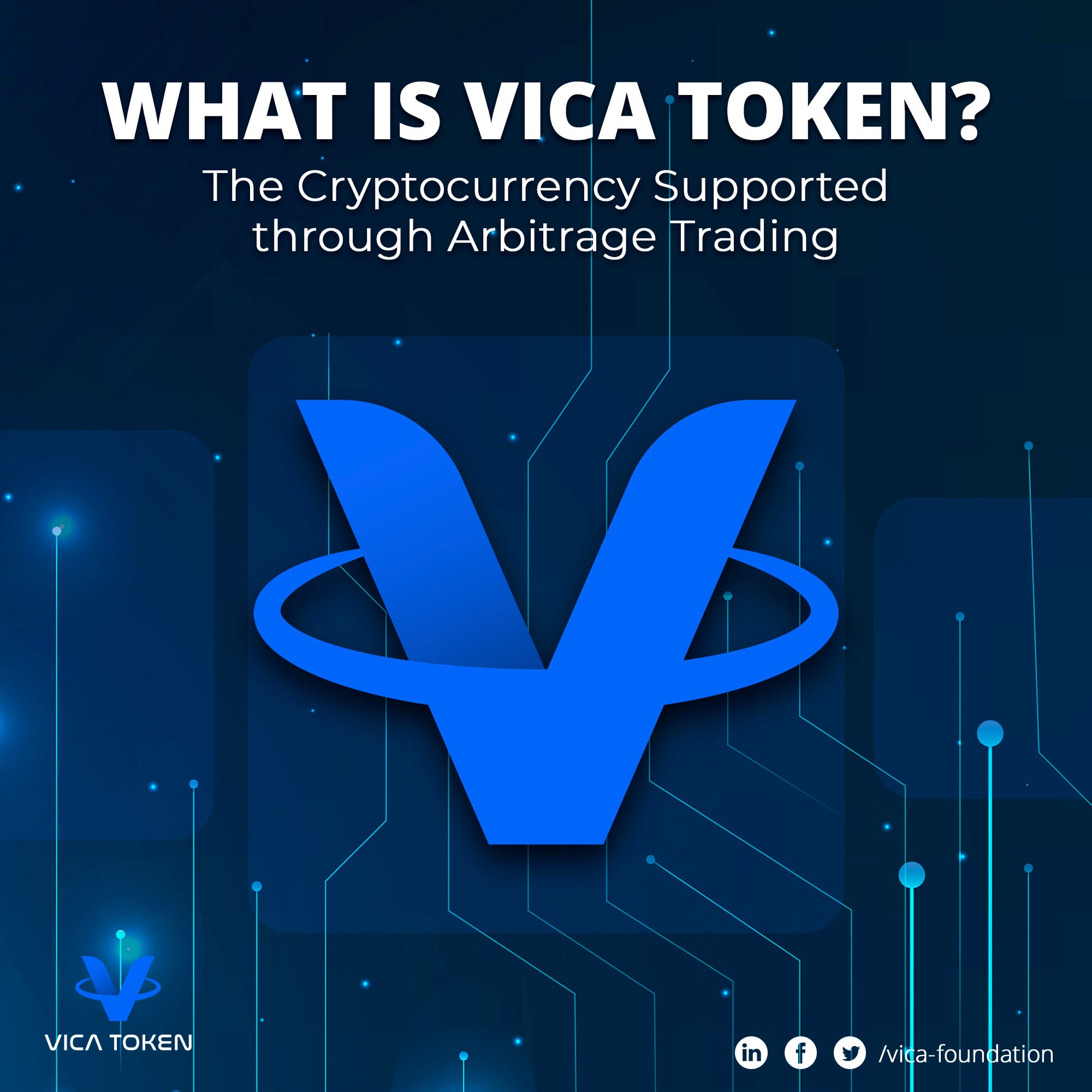
21 September 2022
What is ViCA Token? The Cryptocurrency Supported through Arbitrage Trading

19 September 2022
Why Bitcoin is still running on the Proof-of-Work mechanism even after a decade?
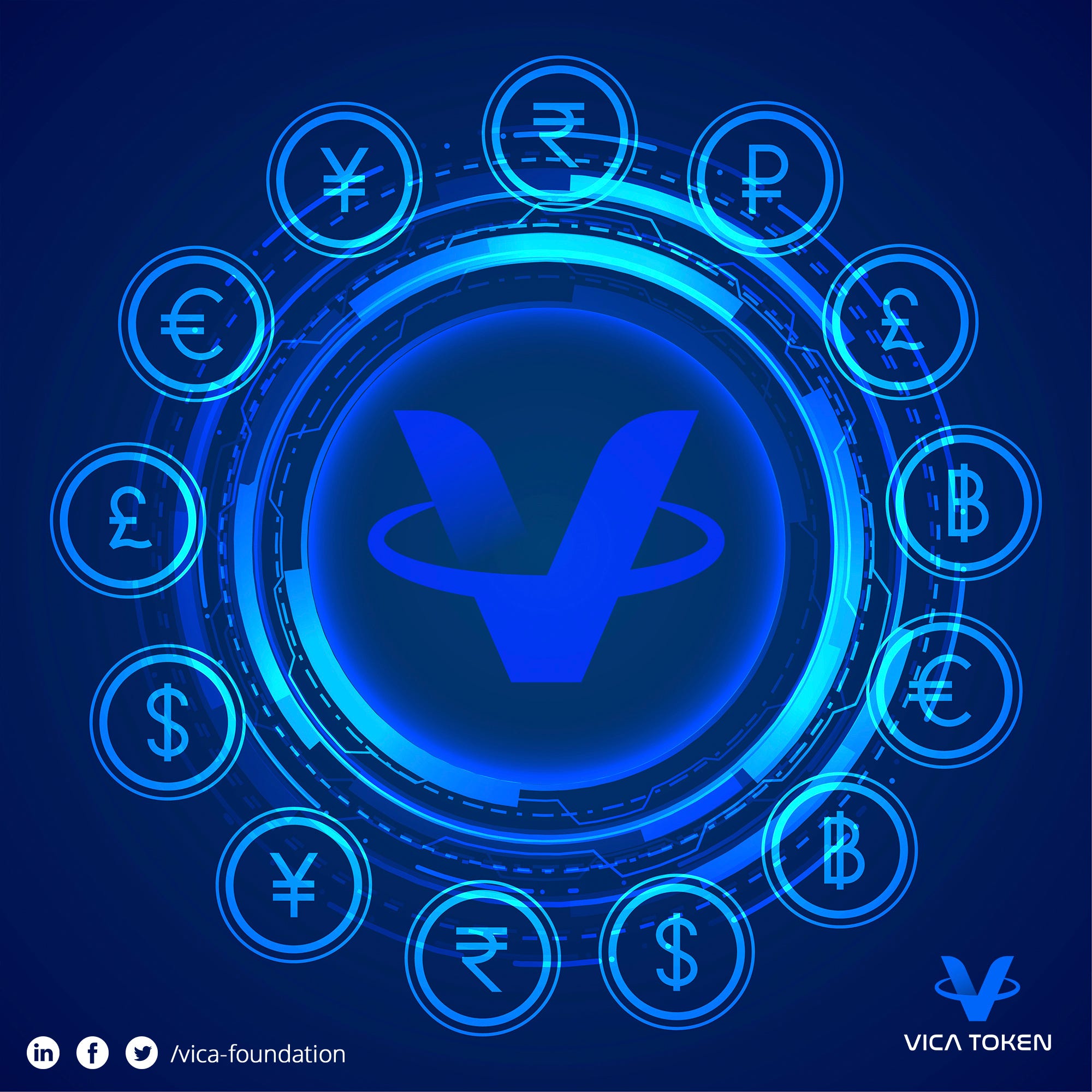
17 September 2022
Characteristics of ViCA’s Arbitrage Trading System

12 September 2022
Some of the Common Misconceptions About the Ethereum Merge

10 September 2022
A Guide to Speed up or Cancel a Pending Ethereum Transaction

08 September 2022
Factors that Led To Bitcoin Crash and Are Still Influencing the Market

03 September 2022
NFT Game Review: Thetan Arena
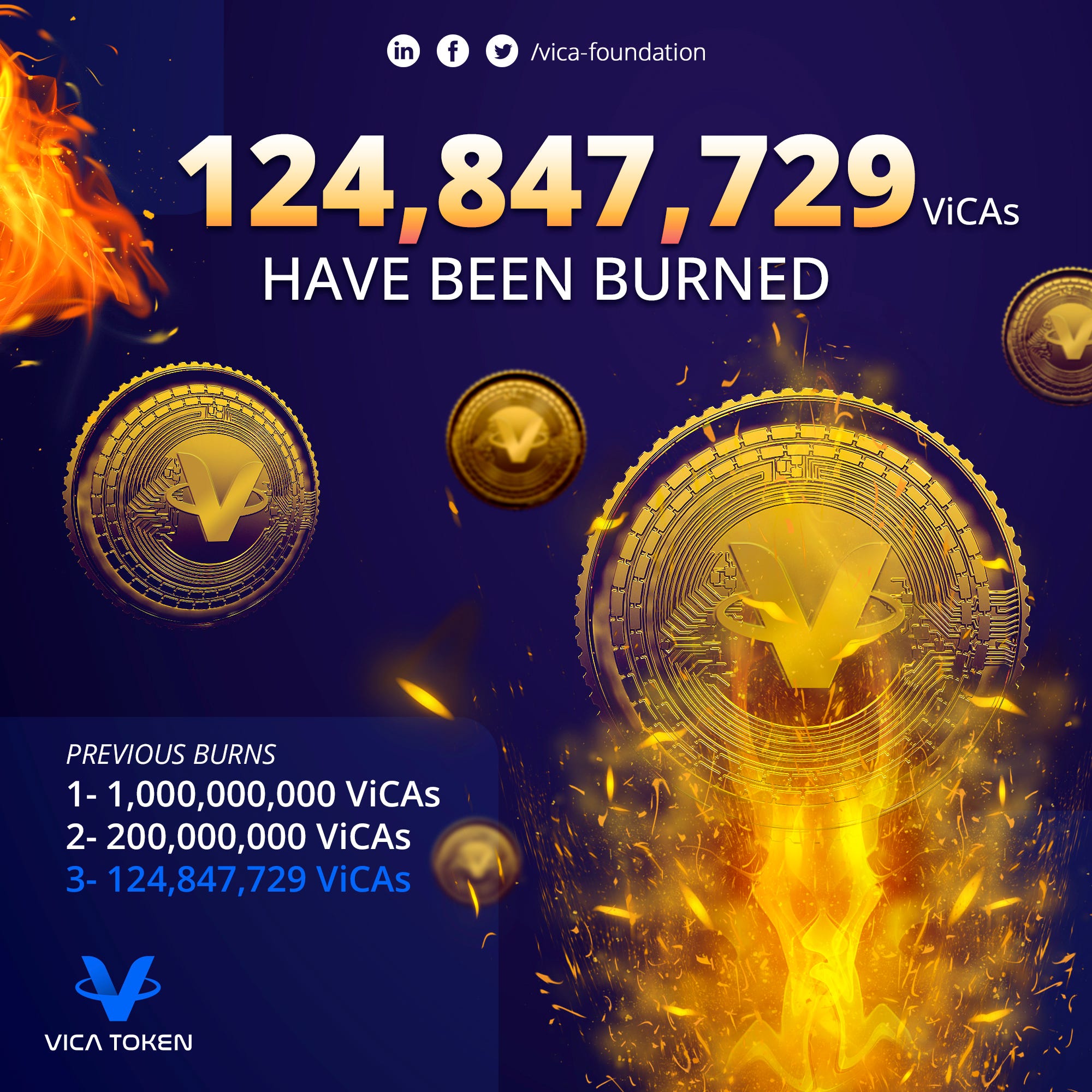
02 September 2022
ViCA Token’s 3rd Burn Update | Successfully Completed on September 1st, 2022